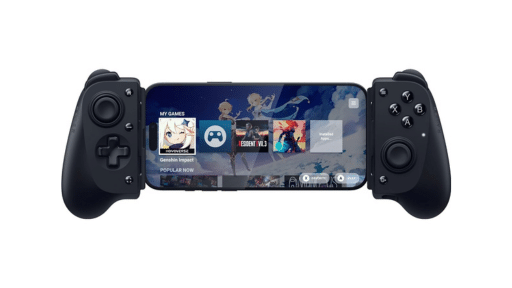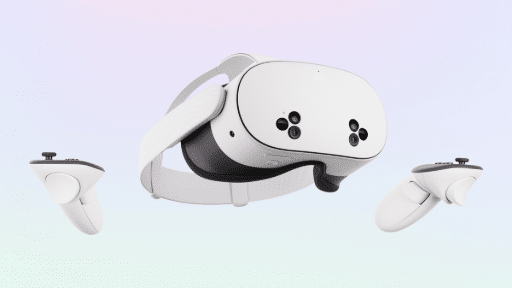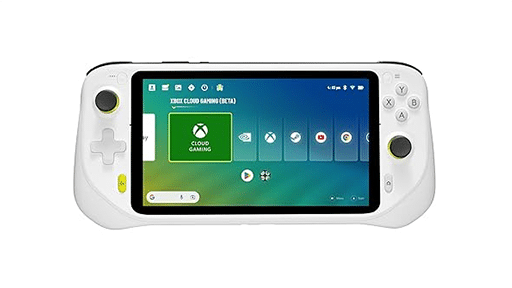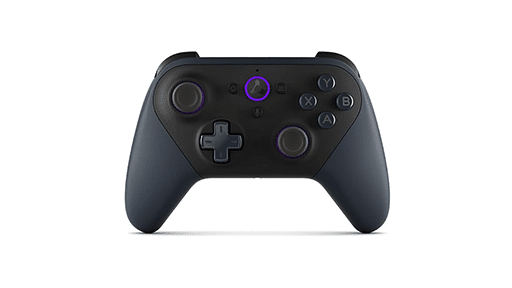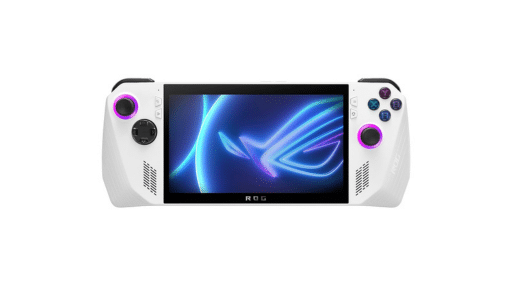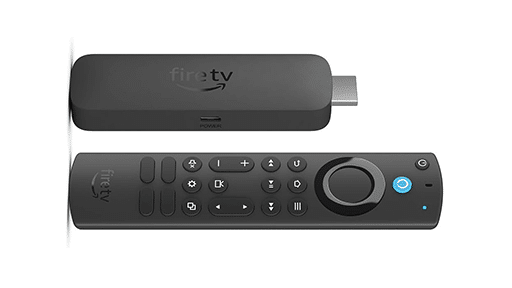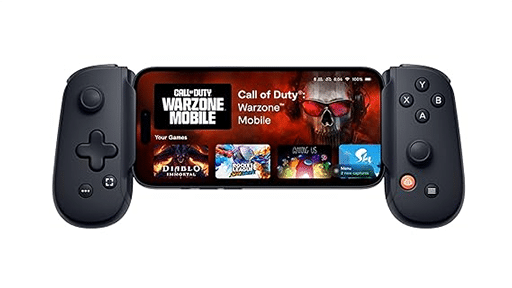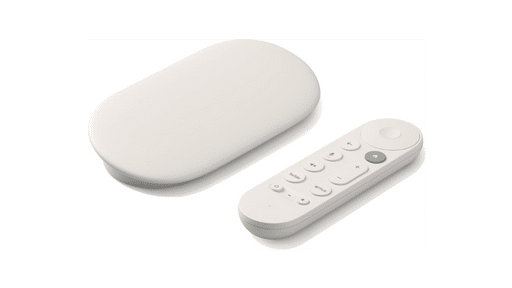
In the ever-evolving world of gaming, the lines between your console, PC, and mobile devices are blurring. Remote Play and Cloud Gaming are two technologies leading this charge. Both offering the freedom to play your favorite games beyond the traditional living room setup. But, while they might seem similar at first glance, there are key differences that set them apart.
Remote Play: Gaming from Your Couch to Anywhere
Remote Play streams the game directly from your own PC or console (e.g., PlayStation 5, Xbox Series X) to another device (e.g. a smartphone or laptop). Your PC or console does all the heavy lifting – processing the game and sending the video output to your device. Xbox Series consoles and PlayStation 5 consoles have this built in. If you are using a PC, software like Steam Link, Moonlight and Parsec can help you enable game streaming.
Streaming games from your PC or console allows you to achieve higher fidelity graphics and performance, especially with a strong home network connection. You can access your entire game library, even those not available on cloud gaming services. It is usually a free feature included with your console. However, your console needs to be powered on and connected to the internet. Performance relies heavily on both your home internet and the internet connection of your streaming device.
For many setups, you will find that you are generally limited to streaming within your home network or a certain range. This is because within your home, devices on your home network (for example for your PlayStation Portal and PS5 console) can typically communicate with each-other at high-speeds. Most modern wired networks (with cat-5e+ cabling and gigabit switches) as well wireless networks with at least WIFI 6 or 6e allow devices in the network to communicate at over 1,000 mbps.
However, many home internet connectsions to the outside world are slower than that. Particularly when it comes to upload speeds from your house to the outside. For many cable internet customers, for example, download speeds may be in the 100s of mbps but upload speeds may be in the low 10s of mbps.
Unfortunately, for remote play outside of your home it is really the upload speed that matters. Your PC and Console will be trying to upload high quality video to your phone of laptop in your office or hotel room for example.
The other issue is that your home is only located in one place. If you are traveling to across country or to another continent, there will be added latency associated with the round trip signal across the internet to your device.

Cloud Gaming: Gaming on the Cloud
Cloud Gaming, on the other hand, runs the game on powerful servers in a datacenter – actually most cloud gaming services have multiple datacenters positioned all over the world. So, you get to connect to the closest one no matter you are. If you are on travel in a different country, you can connect to that country’s closes datacenter.
You stream the games video output from the server to your device, similar to watching a movie on Netflix. This allows you to play anywhere with a good internet connection and eliminates the need for a console. Thus, cloud gaming opens the door to high-end gaming without expensive hardware. Cloud gaming services often include a large library of games as part of a subscription. However, this comes with recurring fees, and a stable, fast internet connection is still crucial. Unlike the case with remote play, no matter where are playing, it is your download bandwidth and latency that typically matter.
Latency is absolutely not as big of an issue as many Cloud Gaming naysayers will have you believe. For now, on many services, the game selection may not include every title you want to play. But, Xbox Cloud Gaming and others are adapting – allowing you to also buy Xbox games outright and stream them from the cloud.

Here’s a table summarizing the key differences:
| Feature | Remote Play | Cloud Gaming |
|---|---|---|
| Game processing | Your console / PC | Cloud servers |
| Internet dependency | Home network and device network | Device network only |
| Console required | Yes | No |
| Game library | Your owned games | Service’s game library (Soon Your owned games) |
| Cost | Usually free | Subscription fee |
| Location limitations | In home and limited range | Play anywhere with internet |
Choosing the Right Option for You
- Choose Remote Play if: You already have a powerful PC or console and want to play your own games on the go, have a strong home internet connection (including upload speeds), and don’t mind your console running while you play.
- Choose Cloud Gaming if: You want to play without a console, prioritise convenience and accessibility, and have a good internet connection wherever you go.
Conclusion
Ultimately, the best choice depends on your individual needs and preferences. If you value owning your games and having the best possible graphics and performance, Remote Play might be for you. If you prioritise convenience, flexibility, and access to a wide variety of games without a console, Cloud Gaming could be the better option. Both Remote Play and Cloud Gaming offer exciting ways to experience gaming beyond traditional boundaries. Amd as technology continues to advance, the future of gaming looks brighter and more accessible than ever.

